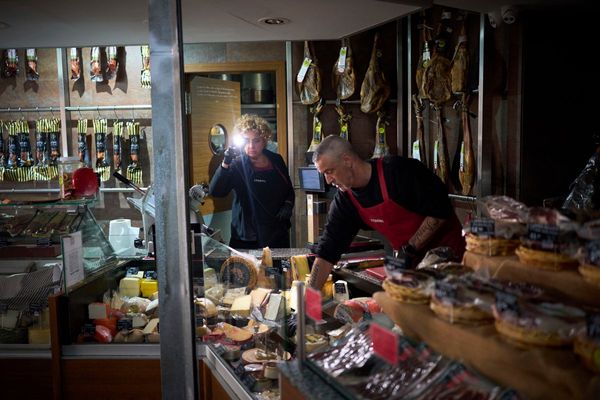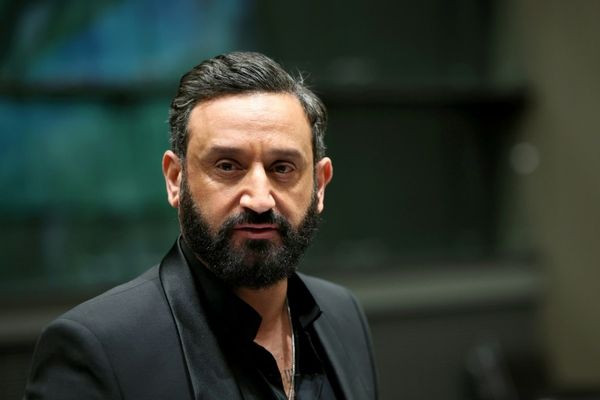
On the night before Russia invaded Ukraine in late February, Alimov Rustam was in Odesa, across the border from his home country of Moldova, to celebrate a friend’s birthday. When his wife awoke to the sound of distant explosions, Rustam tried to reassure her that everything was fine. He soon realised it wasn’t.
The next day, the couple left for Moldova to find a line of cars already queueing at the border when they approached.
Rustam was used to traveling to Ukraine for his work as a kickboxing trainer. When he learned the scale of the Russian attack, he knew he had to mobilise quickly. Using Viber, a messaging app, he started inviting Ukrainian friends from the kickboxing community to come to Moldova, where he would arrange for their stay.
Julia Moisieva and her friend Narine, whose husband is also a kickboxing coach, answered that call. They packed their children into the car and headed for the border, which is usually a short trip from Odesa. Twenty-eight hours later, they arrived in Moldova.
For Tymor, Moisieva’s seven-year-old son, Garuda kickboxing gym in Chișinău, Moldova’s capital, was a soft place to land. There, he has a routine that is like his own back in Ukraine, and playmates in the neighbourhood that is now his temporary home.

In a second Garuda gym in Trușeni, a village outside the capital, another pair of Ukrainian children have found refuge in kickboxing. Anna Miroshnichenko and Natalie Munteanu were college classmates in Ukraine before Munteanu moved to Moldova with her husband. When war broke out in Ukraine, she invited her old classmate to come to stay with her in Trușeni.
Miroshnichenko, along with her best friend from Odesa, Elena Tkach, soon arrived with their daughters, and a house of four people became 10.
Munteanu’s daughter, Ioana, had started kickboxing a few months before, and when the trainer at the gym said Ukrainian children could train for free, she invited her new houseguests to join her.
The girls took to the sport quickly. “I used to do cheerleading in Ukraine, and I never imagined that I would go to kickboxing,” says 10-year-old Anastasia Miroshnichenko.
When Ioana first started kickboxing, she said the other parents in her village did not approve. “They said it’s not a place for girls,” Munteanu says. Now, kickboxing has become a cherished hobby for all three girls, and a distraction for Ksenia and Anastasia, who came from Ukraine. Their trainer translates instructions in the class from Romanian into Russian so they can understand.
Munteanu says it was difficult at first to merge three families but now they live as one unit, sharing news and crying together when things get especially tough. “It seems that we are already a team,” she says.
The mothers from Ukraine, who came to Moldova without their husbands, say the sport provides an outlet for their daughters during a chaotic time. “Thanks to kickboxing, they don’t think about the fact that they are in a foreign country,” Tkach says. “They are concentrated on new emotions, new feelings, so we are thankful for that.”

Rustam says trainers at the kickboxing gym are used to working with children from difficult circumstances since they often work with youth from at-risk communities. He explained the situation of the newcomers to their other students, who quickly accepted them into the group. Rustam says the new students were recognisable just by their uniforms – yellow and blue, like the Ukrainian flag.
His colleagues across the border have started holding classes again in some cities but say it is no longer the same because so many children who trained with them have left the country.
Moisieva says her children cried frequently at first, pleading to go home. But they have calmed down over time as they settle into a rhythm in Chișinău. “Every day it became easier to accept this situation,” she says.
Tymor goes to the kickboxing gym three times a week, where he practises skills such as the splits, back bridges and pushups, as well as sparring.
The girls in Trușeni say they are also learning how to defend themselves, which they see as an important skill for women.
Ten-year-old Ksenia says the kindness of her Moldovan coaches has made her want to keep fighting. “We would like to continue to do this kind of sport, thanks to the trainers.”







